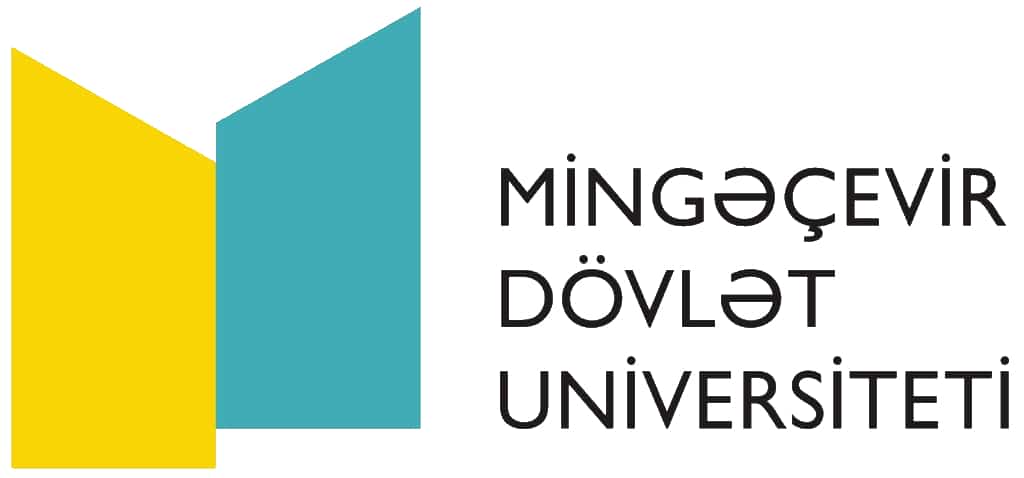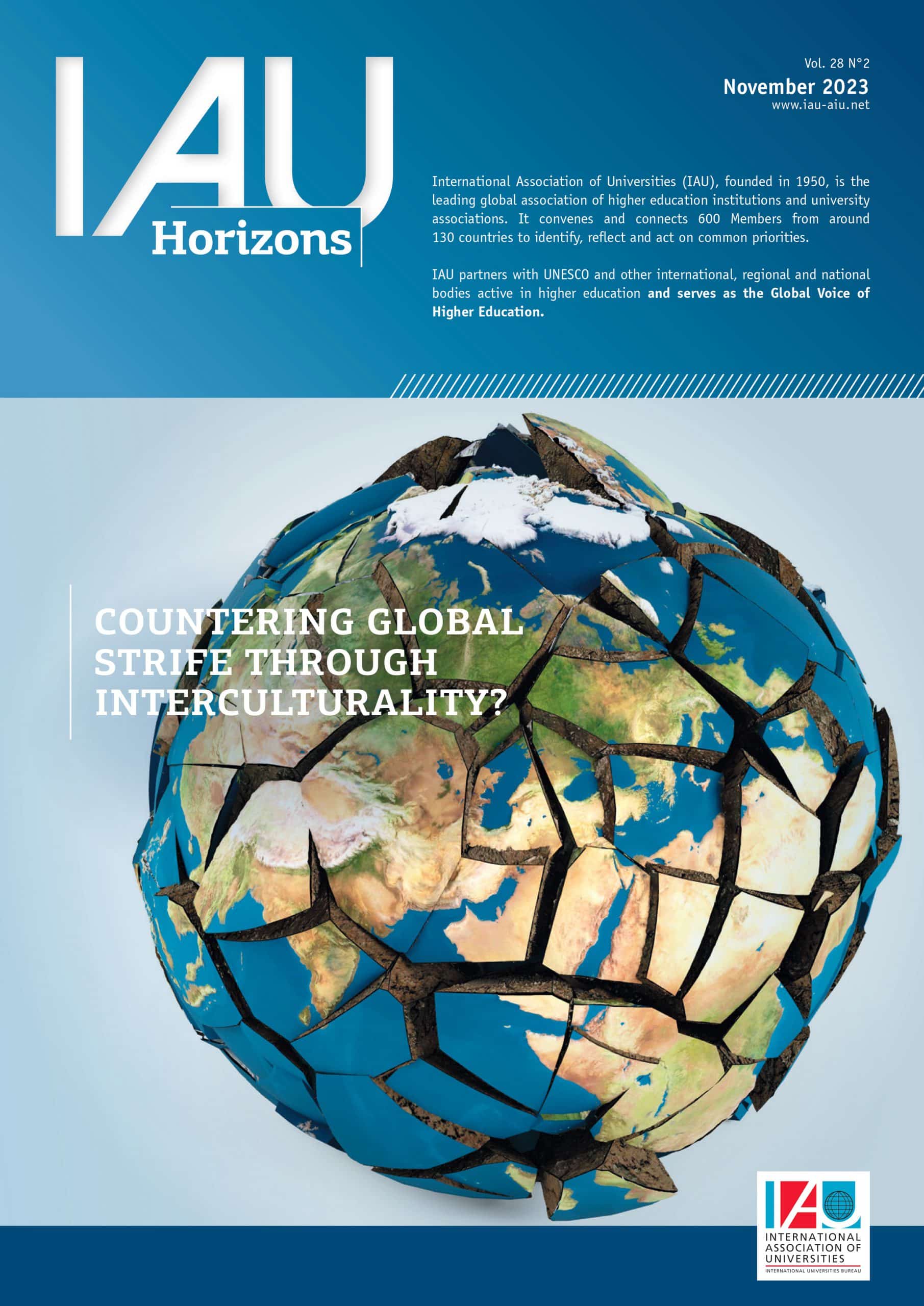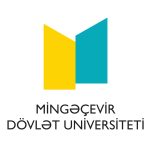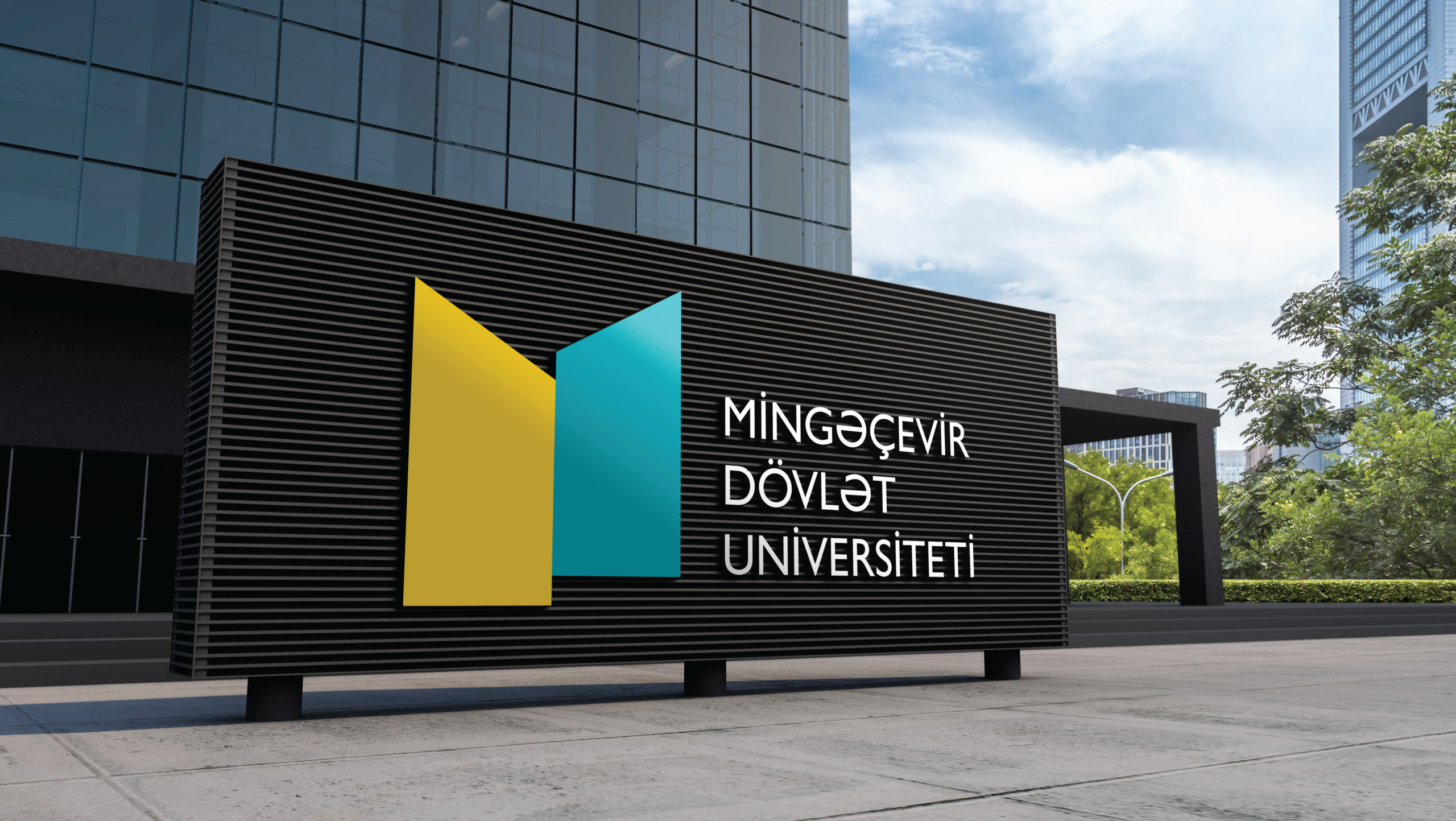Jurnalın tam versiyası
Şahin Bayramovun məqaləsi
Will the university become a center of socio-mental development?
by Shahin Bayramov, Rector,
Mingachevir State University,
Azerbaijan and IAU Board Member
“While the state’s influence is diminishing, with some exceptions, and the market’s influence is on the ise, universities grapple with challenges to their identity, spirituality, and cultural foundations.”
The higher education landscape is currently undergoing significant transformations in response to globalized processes and technological advancements. These changes encompass various aspects of the educational process, including tasks, technologies, and conditions. These transformations have led to the widespread adoption of new educational practices. While the term “informational” characterizes the quantitative capabilities of the information environment, it is equally apt to label this era as a “semantic era.” In this context, information can convey meanings that shape the direction and dynamics of contemporary global shifts.
In light of these changes, the acquisition of various skills has become invaluable for modern university graduates. This includes the ability to discern underlying intentions amidst information wars and “double standards.” Embracing open, dialogic communication based on mutual understanding and collaboration has also emerged as a crucial competency. As a result, it has become evident that universities need to prioritize teaching comprehension within communication.
Addressing this need involves nurturing the socio-mental sphere of individuals through targeted learning initiatives. It is essential to underscore that simply focusing on raising awareness and developing competencies is not enough to produce capable graduates. The term “socio-mental” extends beyond the conventional interpretation of “mental,” encompassing not only the content and functional dimensions of consciousness but also the technological aspects, methods, and mechanisms employed to comprehend texts, events, and more.
Consciousness employs a structured approach that transforms received messages into various virtual forms, each with differing levels of complexity. The quality of understanding hinges on the forms that consciousness has mastered. Consequently, speech encompasses more than just the content of mental processes.
The pertinence of philosophical and sociological comprehension in education arises from the current crises afflicting the higher education system. Widespread dissatisfaction with its outcomes, institutional rigidity, and the disconnection between specialist training and societal needs underscore the need for transformation. The nature of the entire education system must change not in the sense of changing the very foundations and directions of teaching, but to adapt to the nature of modern activity and to transition and implement educational innovations into practice. Such will ensure countries’ entry into and maintenance of position in the global information space and knowledge economy. This transformation, however, does not imply a complete overhaul of teaching’s core principles and directions. Instead, it necessitates aligning educational activities with the implementation of innovations, facilitating countries’ integration into the information-driven knowledge economy, while bolstering its global standing.
Higher education is becoming a main source of innovative economic development, which is especially important for countries like Azerbaijan. Establishing strong institutional links between education and the state has thus become increasingly critical. It is worth noting that the dissemination of higher education often requires the support of the state apparatus, material resources, and financial assistance.
The modern university in Azerbaijan, shaped by European scientific thought, has historically maintained close ties with the state and relatively indirect connections with the market. However, the current global landscape, marked by the shifting dynamics of the market-state due to intensifying globalization, has placed universities in a scenario of constant evolution. While the state’s influence is diminishing, with some exceptions, and the market’s influence is on the rise, universities grapple with challenges to their identity, spirituality, and cultural foundations. This changing landscape involves an interplay of university, market, and state, fundamentally altering the dynamics that were once confined to the university and state. This transformation invites a reevaluation of the role of universities in this new context, possibly encompassing discussions of academic values like freedom and autonomy.




